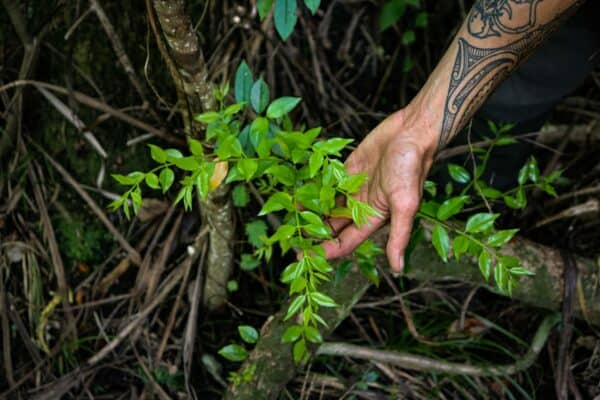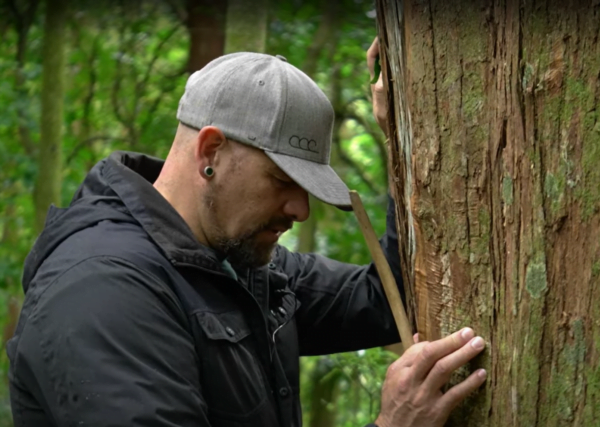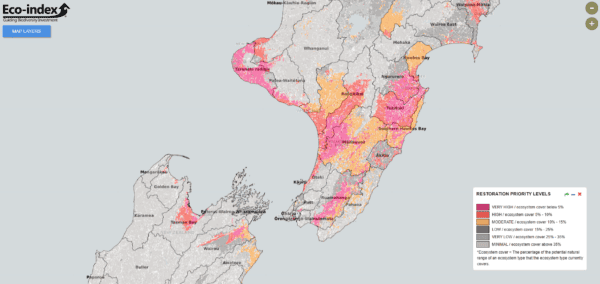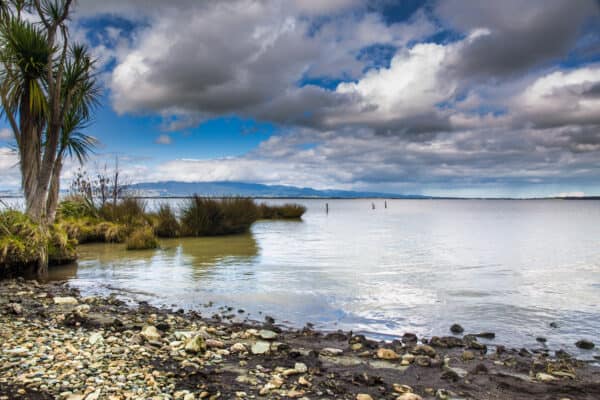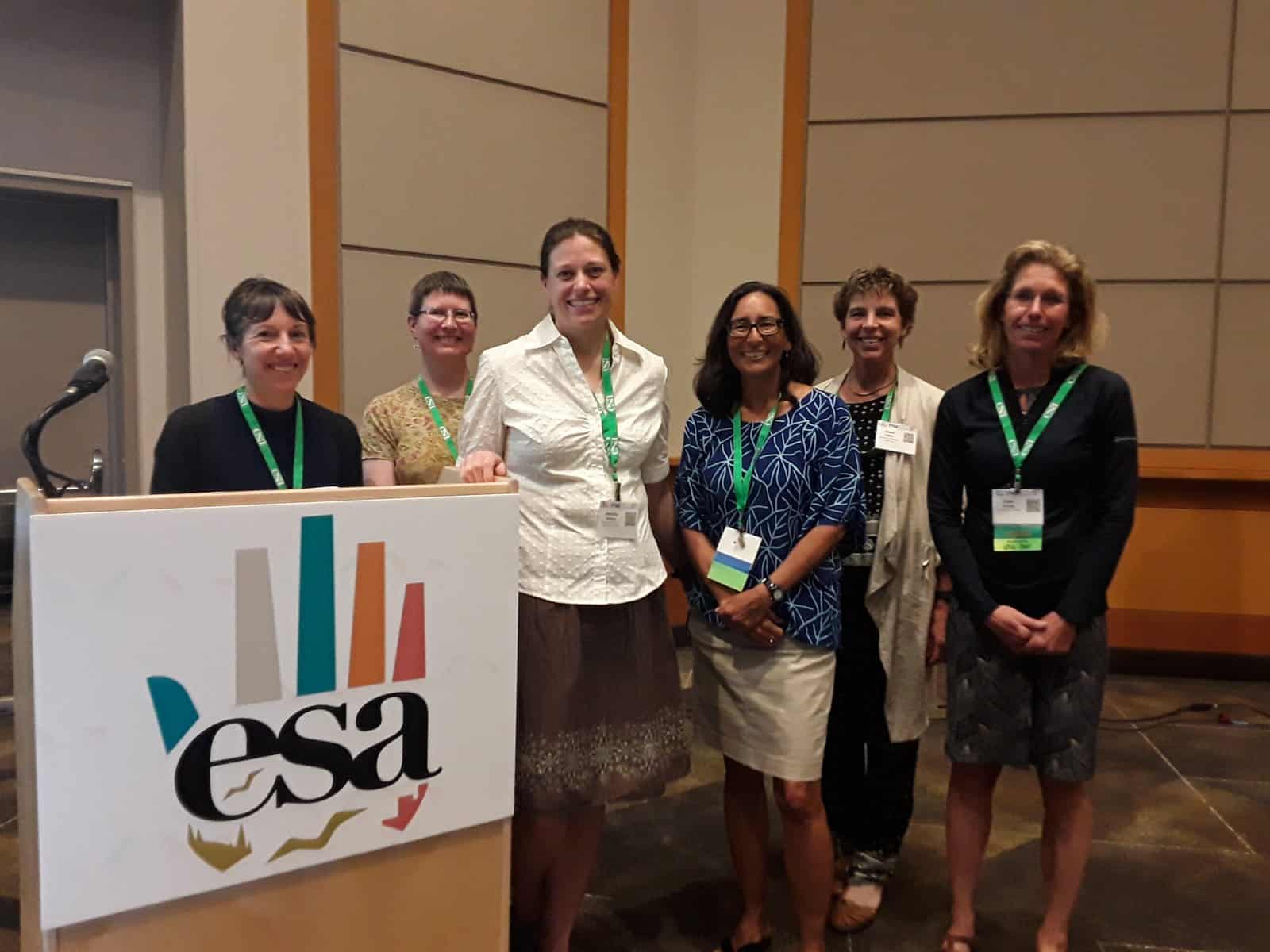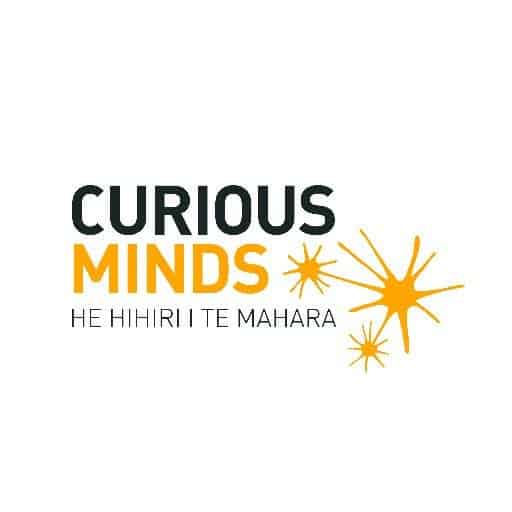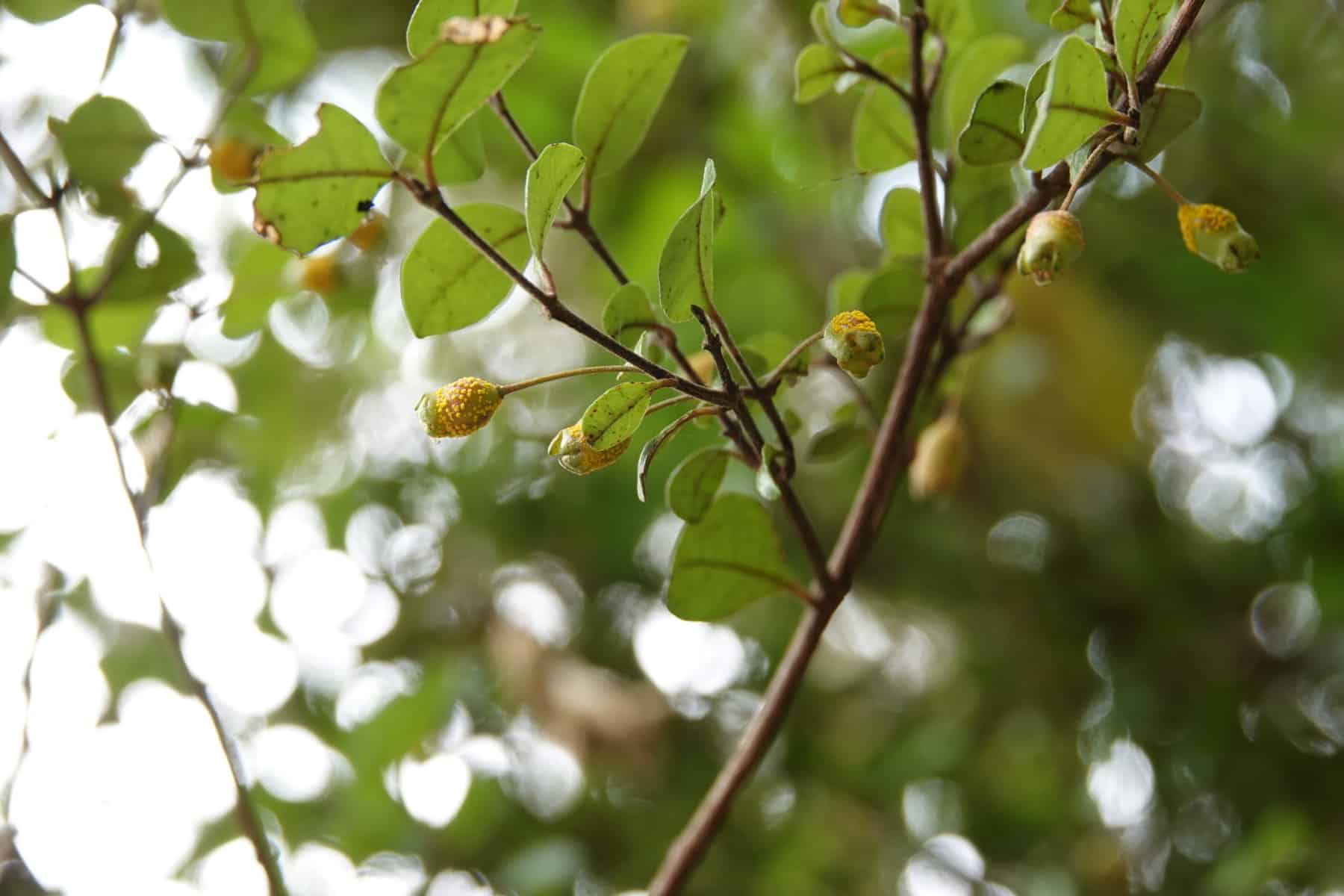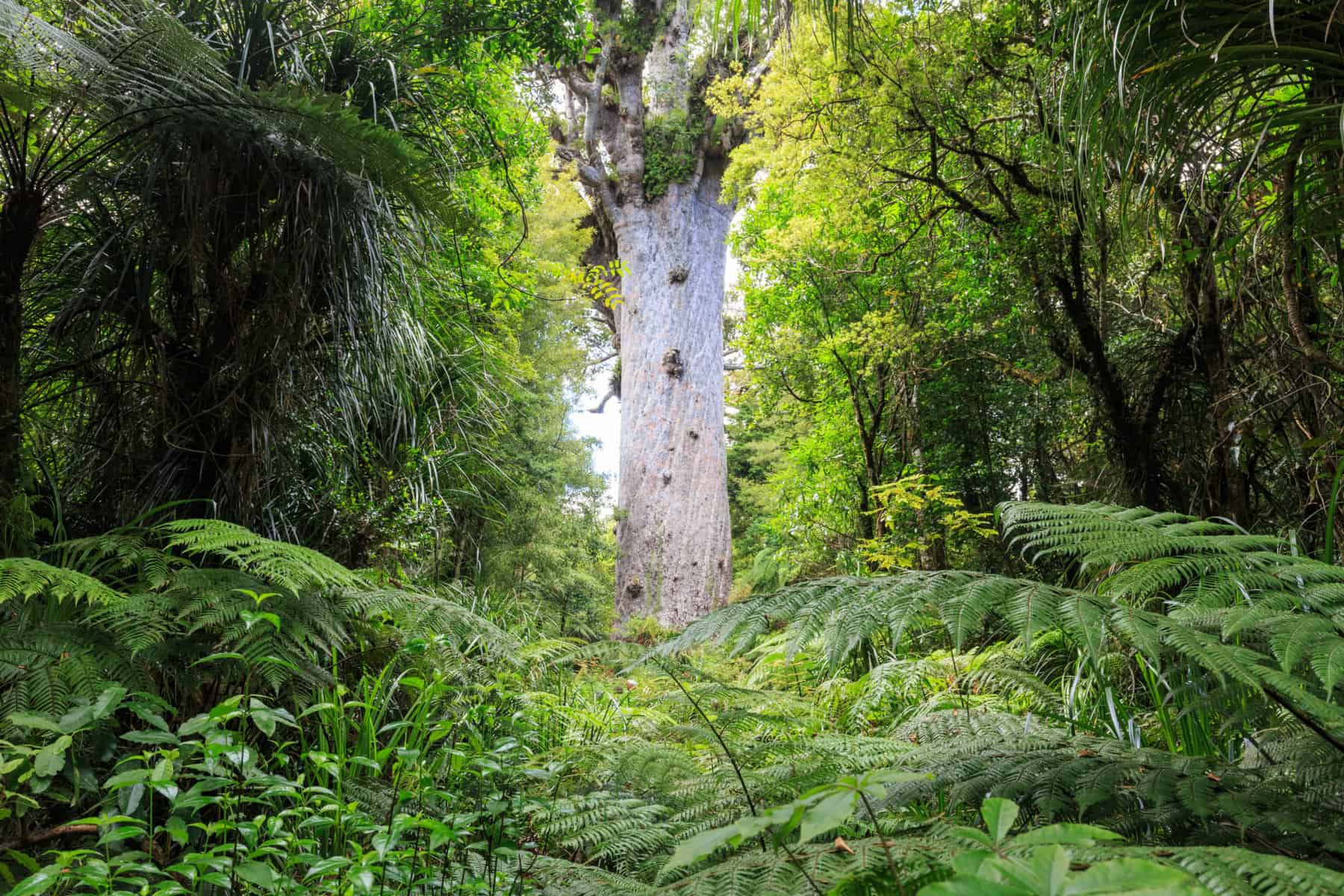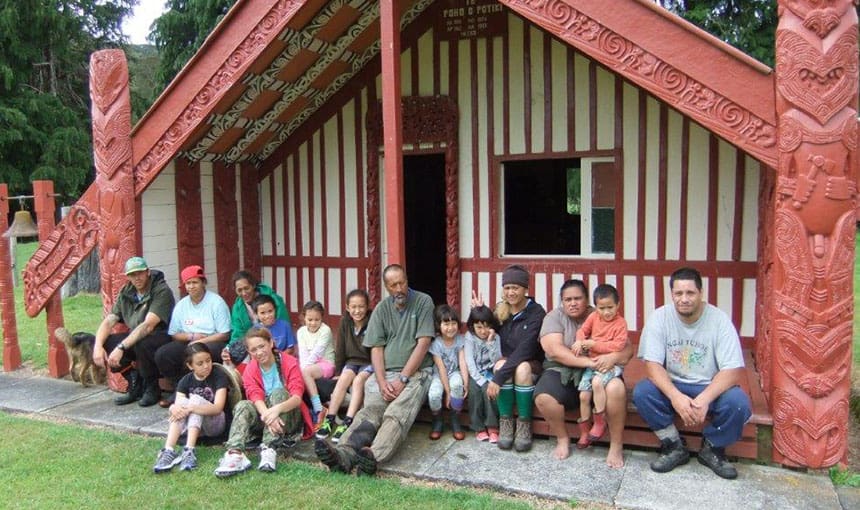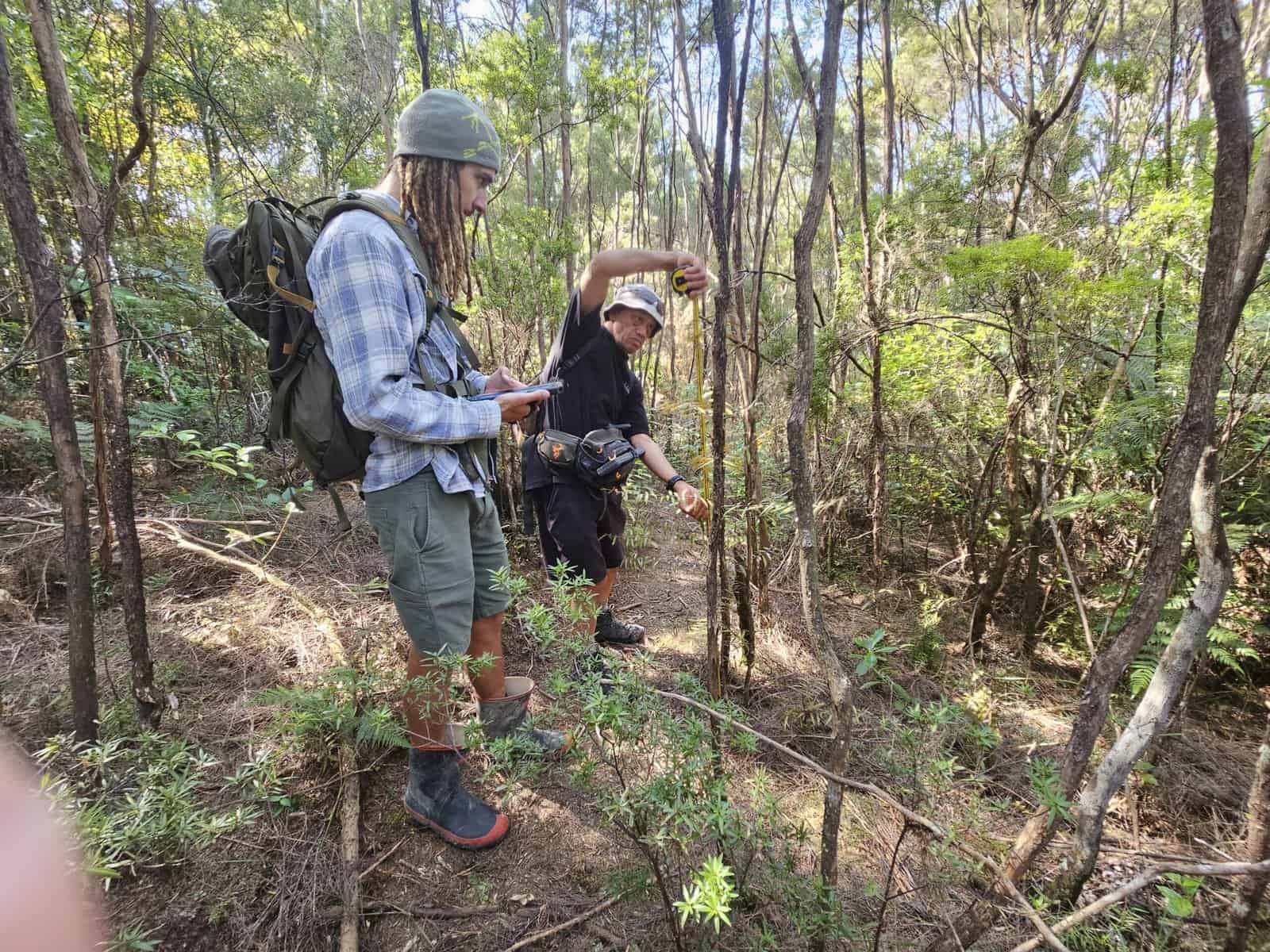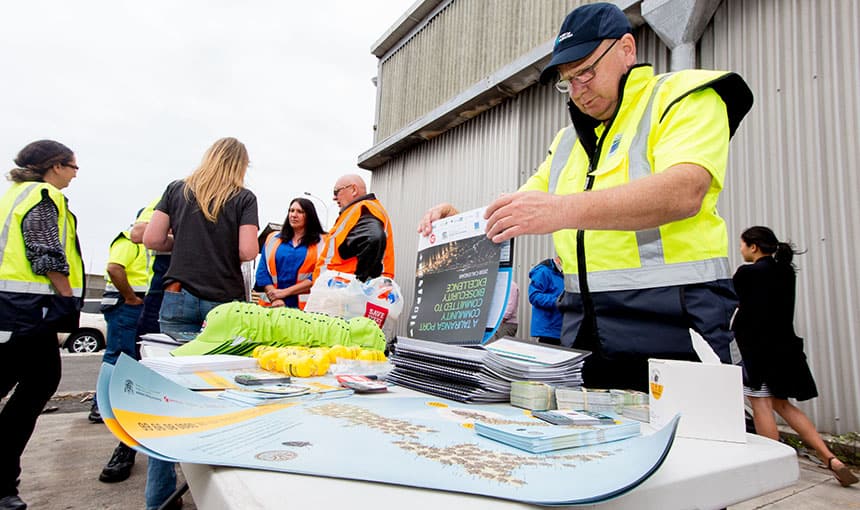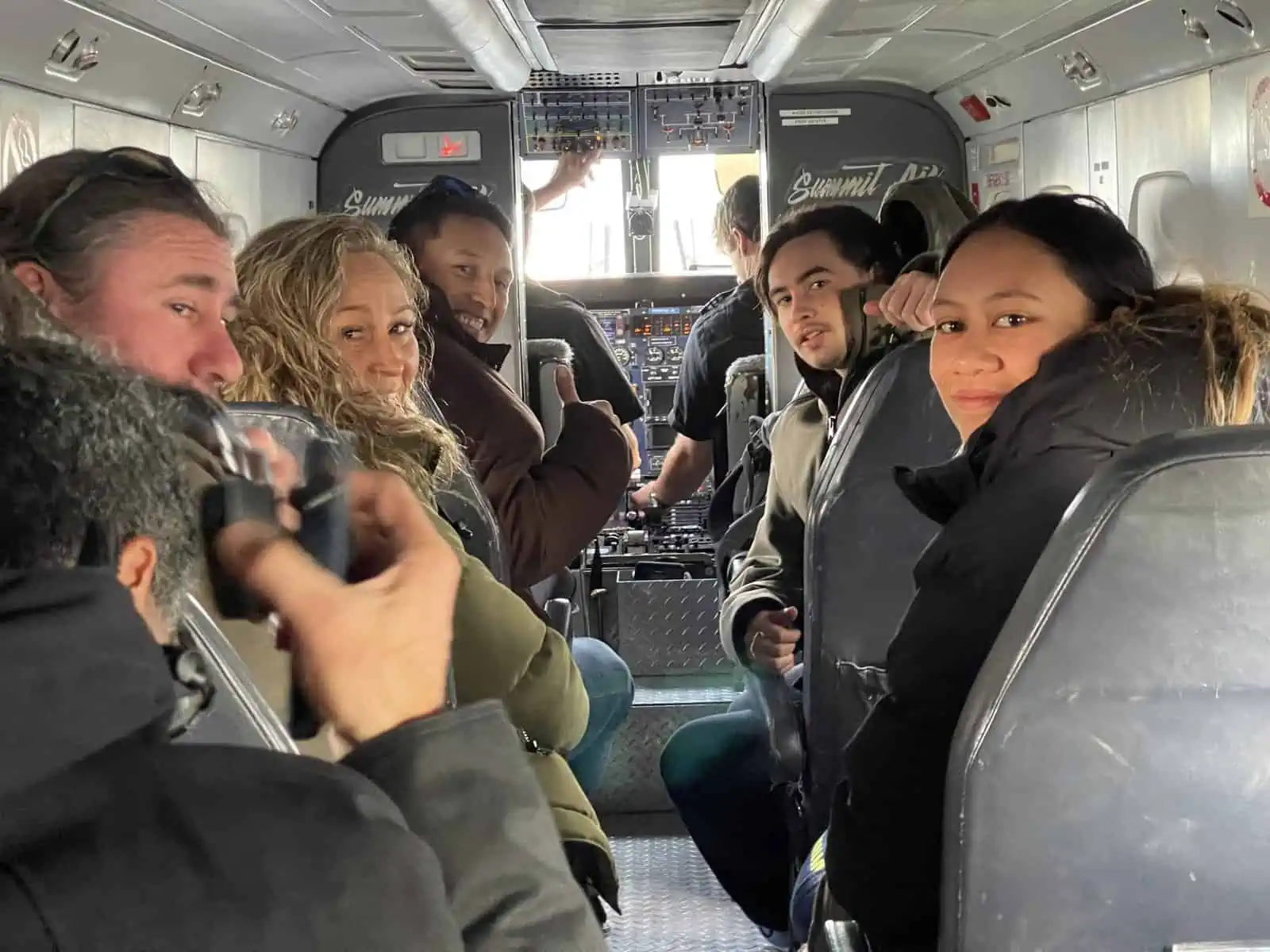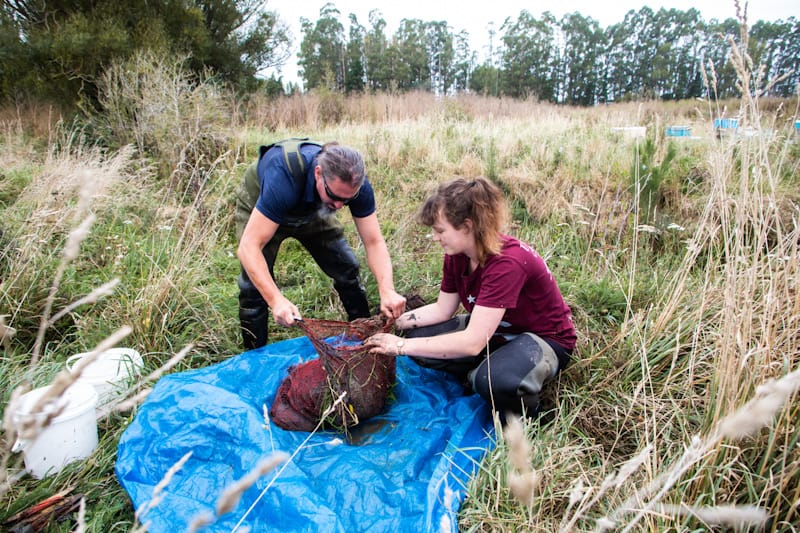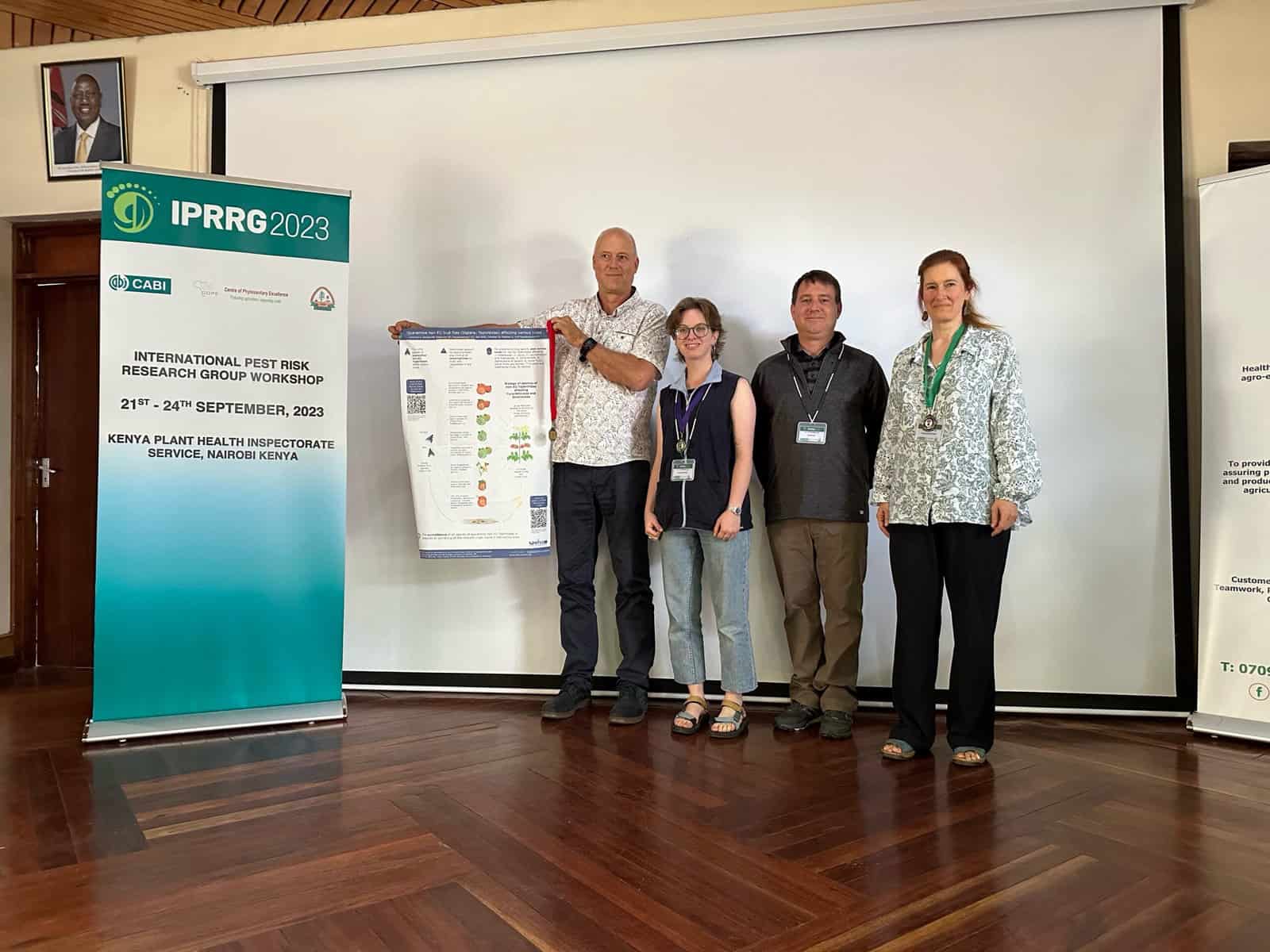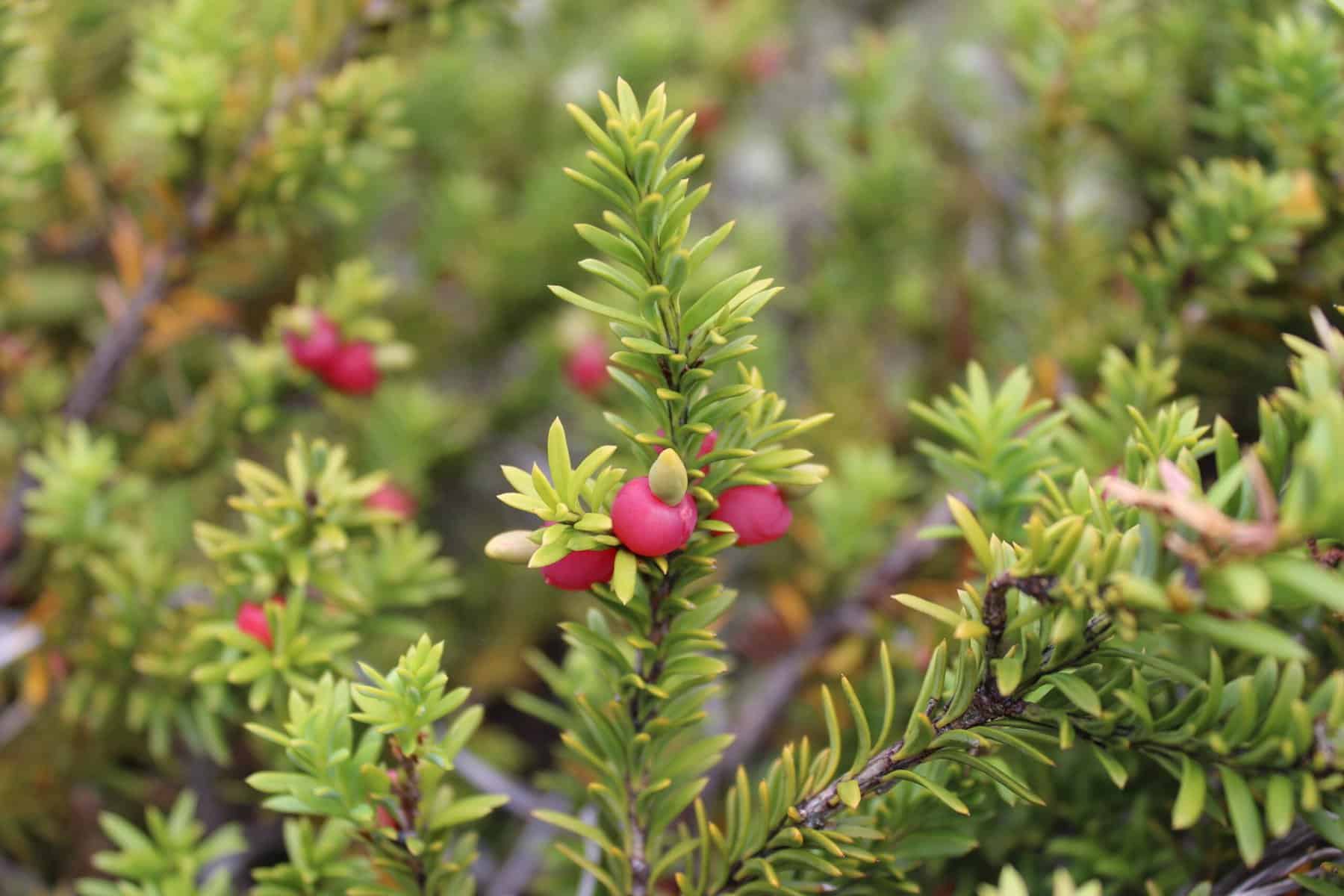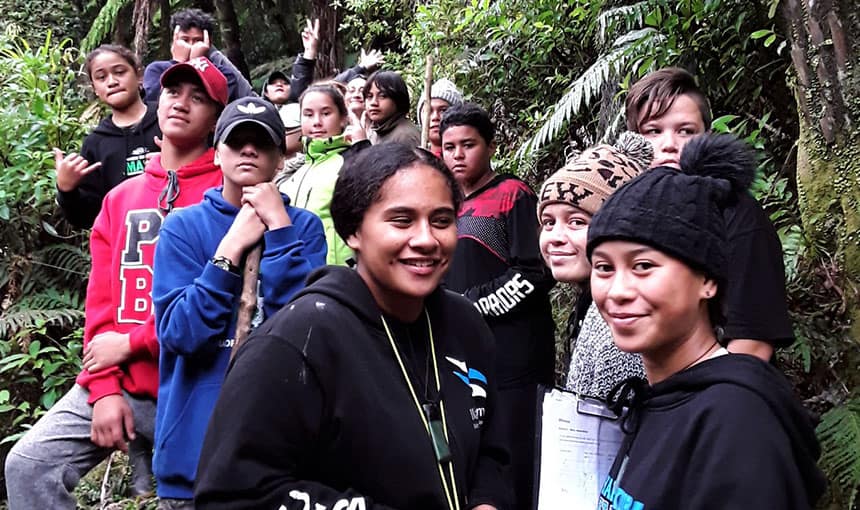Invasive alien species: denialism, disagreement, definitions, and dialogue
We recently suggested in TREE that recent elements of invasion biology discourse might be categorised as cases of more general science denialism. We did not intend…
How do we restore New Zealand’s biological heritage by 2050?
If we are to make meaningful and measurable progress in restoring New Zealand’s biological heritage by 2050, a range of fundamental issues need to be…
Rationale for a minimum 15% ecosystem land cover target
The Eco-index team developed a 2121 National Biodiversity Vision that sets long-term goals to Protect, Restore and Connect native ecosystems in Aotearoa New Zealand by…
The impact of remote sensing on monitoring and reporting – The case of conformance systems
The rapid development of remote sensing technologies (such as airborne, unmanned aerial vehicles and terrestrial sensors) as surveillance tools to monitor the environment exposes firms,…
Walking, Sensing, Knowing: An Ethnography on Foot Around Forest Biosecurity Interventions in Te-Ika-ā-Māui
Walking has gained prominence in social sciences as a source of inspiration for scholarly narratives and methodological experimentation with embodied ways of knowing. Walking across…
Public Rāhui and Road Blocks in Aotearoa: Navigating Iwi/Hapū Perspectives and Mana Motuhake
During the COVID-19 pandemic there have been wide-spread public debates over public access for walkers, cyclists and vehicles in relation to the land rights and…
Developing methods of knowledge co-production across varying contexts to shape Sustainability Science theory and practice
Knowledge co-production has become a central feature of many sustainability efforts, with global environmental governance networks and scientific research forums calling for representative and context-specific…
SO2 scoping panel report
This report was put together by the Strategic Outcome 2 group, focused on environmental stewardship and kaitiakitanga. Scoping panel reports are documents that paint a…
Satisfaction with the condition of local waterways in Aotearoa New Zealand
Freshwater bodies are closely tied to the wellbeing of New Zealanders. But the quality of freshwater is one of the most serious environmental issues the…
Reimagining governance for ‘Yellowstone’ modelled national parks in the new era of indigenous legal recognition
National parks provide an ideal locale for considering Indigenous customary rights and interests in modern landscapes. This is particularly true for national parks modelled on…
Optimal extraction methods for the simultaneous analysis of DNA from diverse organisms and sample types
Using environmental DNA (eDNA) to assess the distribution of micro- and macroorganisms is becoming increasingly popular. However, the comparability and reliability of these studies is…
DNA metabarcoding as a tool for invertebrate community monitoring: a case study comparison with conventional techniques
When conserving native biodiversity, it is particularly important to consider invertebrates, a diverse and functionally important component of biodiversity. However, their inclusion in monitoring and…
